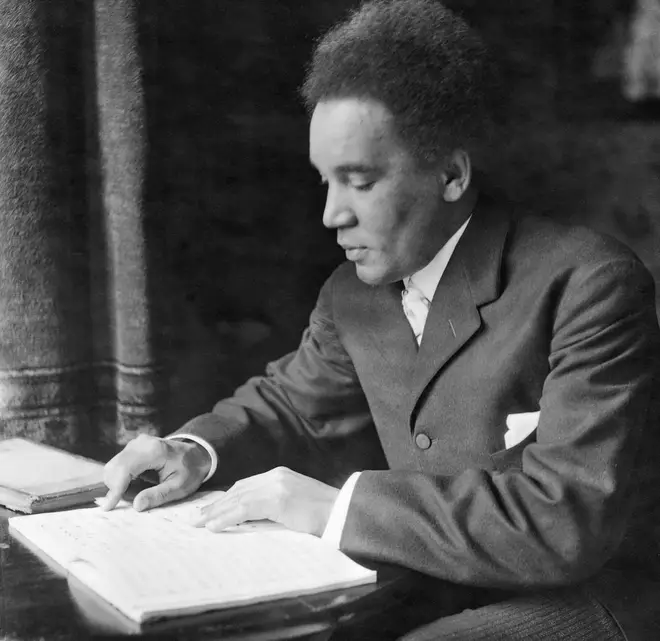On Air Now
Classic FM Breakfast with Tim Lihoreau 7am - 9am
29 March 2021, 16:41 | Updated: 9 May 2022, 10:45

The University of Oxford has said it will “decolonise the syllabus” and make the subject more inclusive, following pressure from Black Lives Matter demonstrations, and its own students.
One of the world’s leading universities is hoping to “decolonise” its degree-level music offering and enhance the diversity of its undergraduate curriculum.
The Telegraph reported in March 2021, that an academic from the University of Oxford had “proposed” a lighter focus on Euro-American elite music, “arising from international Black Lives Matter demonstrations”.
In documents seen by the newspaper, they reported that this academic wanted to address the “white hegemony” in Oxford’s music syllabus, and better represent other forms of music.
However, further reports suggesting that the faculty board were leading the way on “making changes to enhance the diversity of the undergraduate curriculum”, have since been rebuked by students on social media, who have pointed out that these changes were first proposed by the student body as early as 2015.
In June 2018, undergraduate students wrote to the music faculty at the University of Oxford proposing practical ways to engage with decolonising and increasing the diversity and accessibility of the curriculum.
After the Black Lives Matter protests in 2020, the students wrote a response to the Music Faculty’s ‘Statement on Racism’ (June 2020), discussing their disappointment that two years on, they were still waiting for a formal written response to their 2018 letter.
Read more: ABRSM must include more black composers in exam syllabus, music leaders urge >

A new open letter was subsequently sent to the faculty following the publication of The Telegraph’s article, expressing students’ dismay at the faculty’s “failure to communicate transparently with its students”.
This was responded to by an email from the music faculty, sent to music undergraduates at the university. In the email, the faculty explained The Telegraph had acquired documents through an FOI (freedom of information) request, specifically targeting the words, ‘decolonisation’ and ‘racism’, in communications about curriculum reforms discussed since the Black Lives Matter protests.
Associate Professor of Music, Suzanne Aspden wrote that, although the quotes were from “genuine communications amongst Faculty Board members”, they were “often represented in misleading fashion.
“This misrepresentation was then compounded by others, particularly The Daily Mail, who invented the idea that [the music faculty] were “scrapping sheet music”.”
The email also shared that although the music faculty had succeeded in making the majority of outlets change incorrect statements, they “could not get them to print a more sympathetic or nuanced statement about our reformed curriculum”.

Classical music isn’t racist, insists Sheku Kanneh-Mason
‘Decolonising’ the syllabus comes as part of an effort to acknowledge how Western Art Music has, throughout history, travelled and forced itself as a dominant genre, giving itself higher emphasis than diverse or grassroots styles.
The move comes amid fears degree-level music will become inaccessible to students if universities do not increase the voices and stories on their curriculums.
Read more: Kadiatu Kanneh-Mason says music education is crucial for diversity >
While Music A-Level and GCSE uptake is at an all-time low, greater representation of non-European and American thinkers could also encourage a more diverse pool of students to take up music at university.
The conversation comes amid wider calls to “decolonise the curriculum” and to think about widely taught ideas – from music, to history – in a more globally connected way.